We must become “unstuck” from our present time if we ever want to just stop simply existing and decide what the purpose of our existence is. We do not get to choose the times we are born into or how much time we are given.
Find more @ https://gettherapybirmingham.com/
“For the whole earth is the tomb of famous men; not only are they commemorated by columns and inscriptions in their own country, but in foreign lands there dwells also an unwritten memorial of them, graven not on stone but in the hearts of men. Make them your examples, and, esteeming courage to be freedom and freedom to be happiness, do not weigh too nicely the perils of war.
― Thucydides, History of the Peloponnesian War
At each age in our life we think we will feel different when we have grow bigger, accomplished more. When I am sixteen I will be so confident. When I am married I will be happy. When I am 30 I will be so responsible and feel so old. When I have children I will be self assured. Of course when we reflect, we discover that this is not the case; and in fact we feel exactly the same. Where ever we go and whatever we become, we take ourselves with us. In large part adulthood is the discovery that adults are just larger children.
My wife and I began dating in college and became adults together. I remember a conversation I had with her years ago when she was confounded that all the people our age could act so irresponsibly, yet were allowed to do adult things like join the work force, marry, and have children. “I always felt like someone would not allow this” she told me. “The adult police” I had mused in agreement. Even though I sometimes wish that there were “adult police”, I have come to accept that they do not exist.
Just as we cannot believe that we won’t will be different as we age we also refuse to believe that the world will not stay the same. We can accept by 30 or 40 that fashion changes and that we no longer know what music is cool. We cannot accept, however, that things that are not allowed to happen continue to happen all around us none the less. Things happen to our Democracy. Things happen to our perception of the world. Things happen that mean society, culture and our norms may no longer return. Big things! Permanent things! Things that mean the world is different and cannot be righted.
These are all old problems. And old stories. They are just not our stories. These things are allowed to happen to other people, not to us. They are allowed to happen in history, but not to people like us who are just living our lives and not in some book. Over and over in the past year I have watched clients realize that they are living inside history. It is something they all knew intellectually in their brains, but had not yet accepted in their hearts.
We all have a tendency to pretend that we are exceptions to history, or even worse, its protagonist! The Drive By Truckers once sang, The secret to a happy ending is knowing when to roll the credits, but history has no happy ending because it has no end.
Louis CK once told a joke.
“Is there life after death?”.
“Of course, It’s just not yours!”.
CK’s point is not about whether or not there is an after life, but about our own natural solipsism. The question of life after death only matters to us because it will be our life after death. If it is someone else we do not care.
Thucydides, the ancient Greek historian whose quotation opens this article, wrote a firsthand account of political upheaval and his countries decline into reactionary politics and imperial war. He wasn’t writing the ancient history of his culture but the contemporary account of history as it unfolded around him. He wrote with understanding that the moment that he was in would one day be, well, history. If you haven’t read it, you really owe yourself the favor, because it is one of the most personally affecting works of the ancient world. I’ll resist the urge to quote the text a dozen more times if you will take my word for the fact that much of the text could be articles in The New York Times today.
99b9b8_af58fa70e6404767859b51860cd288c7~mv2.webpThe oft used quotation that “Those who don’t know history are doomed to repeat it” seems to have missed the point of our history as I read it. We are doomed to repeat it, literate or not. History repeats because people repeat and have to learn these lessons for themselves with their own lives. We cannot learn it from books because we mistakenly believe that those books are about other people, not us.
The only way that we can learn from history is to have the humility to realize that we are the people in the books, and our time outside of them is brief. This is an important lesson to teach our patients. As therapists we are often guilty of allowing ourselves and our patients to get so caught up in the doings of the day that we never look at our lives on the outside and ask ourselves why we are here.
Often patients that do look to history will view it as a cage and tell themselves this is what I have to do or this is what I have to be. In therapy I see so much psychopathology stem from clients attempting to “solve” the problems of our current place in history, and taking all the responsibility for fixing the world. I hear “I don’t know how we fix this” over and over while I sit in my chair. We all have some responsibility for what we leave in the world, but largely these things are not our job. Our responsibility is our contribution to history and ours alone. If we had infinite time maybe we could learn all the lessons of history and transcend time. History has no certainty for us and no end. It is important that therapists and patients learn how to sit with both the mystery and the symmetry of time. Things will repeat but not on our terms, and not for us.
a27d24_35d9e4cb6d90475696cdb8921a255171~mv2.webpThe sight of ruins invokes a somber melancholy in us because it is subtle reminder that we are not special just because we are existing right now. It asks us to give up our sense of entitlement to feeling special. At some point we must trade our naivety for wisdom and this is painful but necessary. We must give up our right to importance if we are ever to discover what actually makes us unique and important. There is no agreeable, absolute meaning to human life.
We must become “unstuck” from our present time if we ever want to just stop existing and decide what the purpose of our existence is.We do not get to choose the time we are in or how much time we have. The best thing that we can do for the state of history is to examine ourselves and decide what it is we want to do with our time here and what we want to leave behind. We are all given one unique thumbprint to leave on the walls of time, but that is all. The world does not need another cumulated and averaged collection of the norms that your family and society told you were supposed to be. History needs you to discover what you actually are without the interference of these messages.
“When one has let go of that great hidden agenda that drives humanity and its varied histories, then one can begin to encounter the immensity of one’s own soul. If we are courageous enough to say, “Not this person, nor any other, can ultimately give me what I want; only I can,” then we are free to celebrate a relationship for what it can give.”
― James Hollis, Eden Project: In Search of the Magical Other
The only way to discover your thumbprint is to learn how to know yourself and examine yourself honestly and without fear. On the surface it looks like we make so many choices but at our base we are only making one choice over and over. Will you become what you want to be, or are you to afraid of getting hurt or judged. Our nature is running an experiment with us at every moment, and we can can either run the experiment to the end or give up. We cannot not run another person’s experiment. In every moment we choose to discover who we are or abandon the mission. We see many choices when in truth it is only one. Are you brave enough to become yourself, or are you too afraid that you will fail?
Bibliography:
Thucydides. History of the Peloponnesian War. Translated by Richard Crawley. Project Gutenberg, 2009. https://www.gutenberg.org/ebooks/7142
Hollis, James. The Eden Project: In Search of the Magical Other. Inner City Books, 1998.
Drive-By Truckers. “The Secret to a Happy Ending.” The Dirty South, Lost Highway Records, 2004.
Louis C.K. “Shameless.” Special Comedy Tour, 2007.
Further Reading:
Sallust. Catiline’s War, The Jugurthine War, Histories. Translated by William W. Batstone. Oxford University Press, 2010.
Plutarch. Parallel Lives. Translated by Bernadotte Perrin. Harvard University Press, 1914.
Herodotus. The Histories. Translated by A.D. Godley. Harvard University Press, 1920.
Livy. The Early History of Rome. Translated by Aubrey de Sélincourt. Penguin Classics, 2002.
Tacitus. The Annals of Imperial Rome. Translated by Michael Grant. Penguin Classics, 1996.
Machiavelli, Niccolò. The Prince. Translated by W.K. Marriott. Project Gutenberg, 2006. https://www.gutenberg.org/ebooks/1232
Gibbon, Edward. The History of the Decline and Fall of the Roman Empire. Penguin Classics, 2000.
Tolstoy, Leo. War and Peace. Translated by Constance Garnett. Random House, 2000.
Eliot, T.S. Four Quartets. Harcourt, Brace and Company, 1943.
Toynbee, Arnold J. A Study of History. Oxford University Press, 1934-1961.
Please let me know if you need any clarification or have additional requests for the bibliography and further reading list.

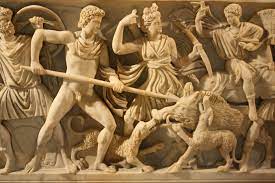





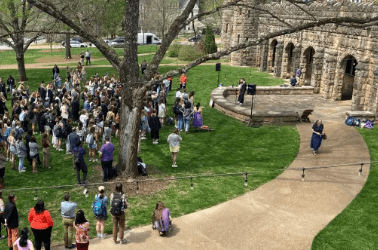
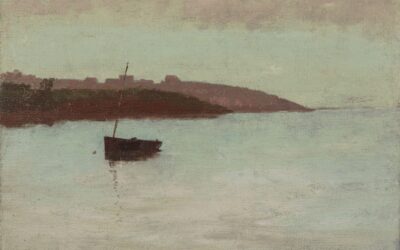
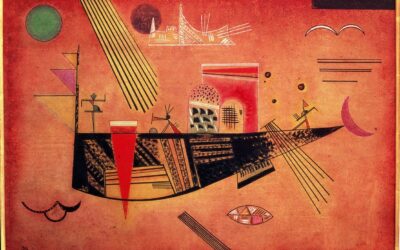




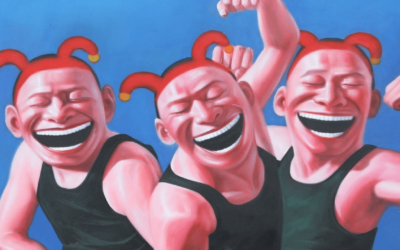

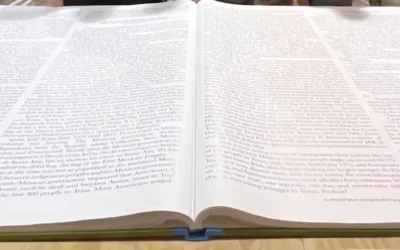

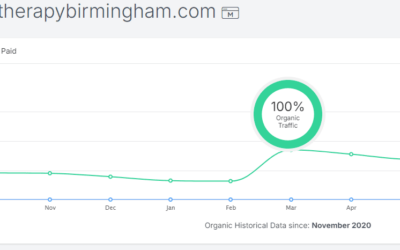
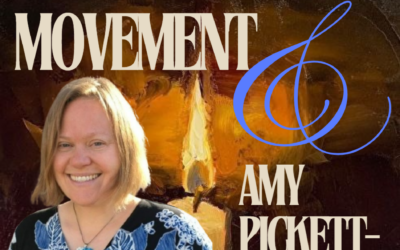

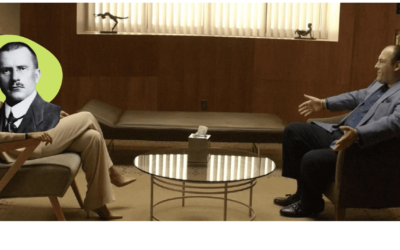
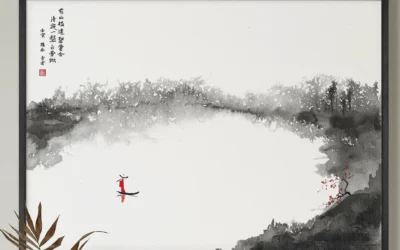
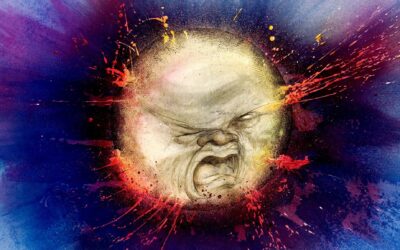
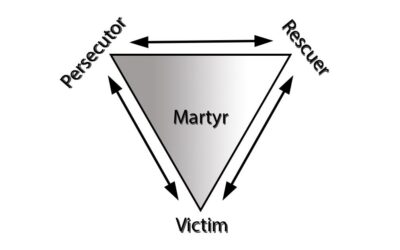
0 Comments